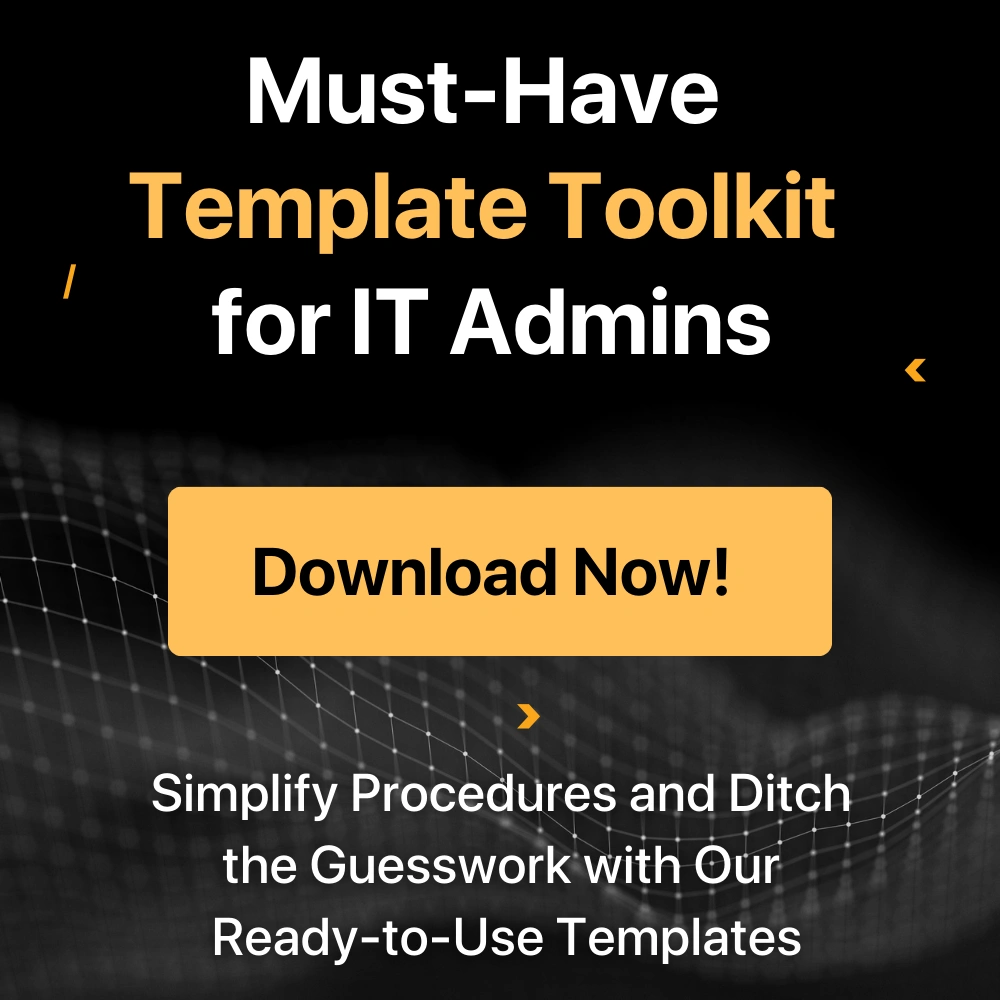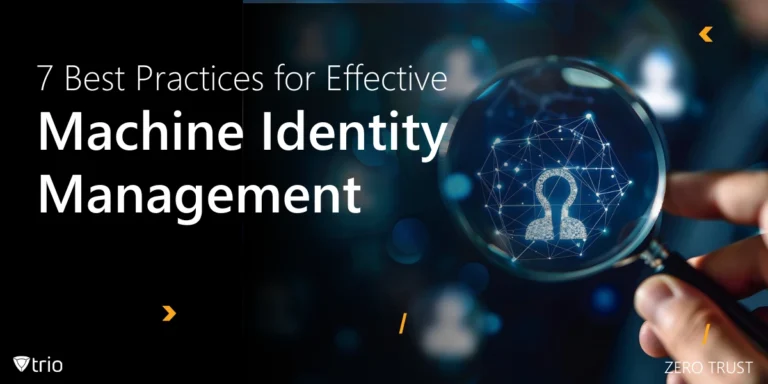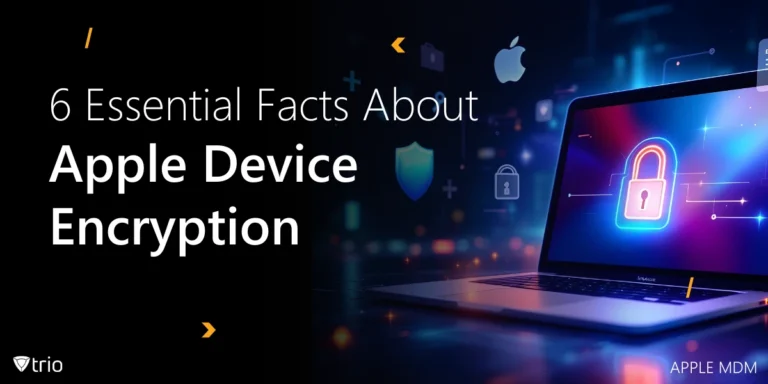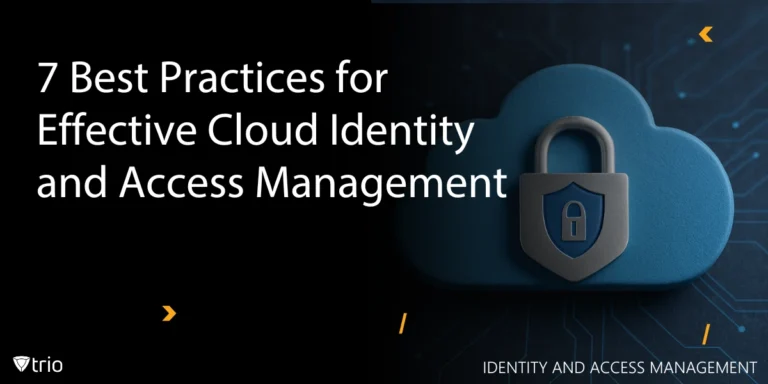According to Demandsage, “Android has a 71.74% mobile operating systems’ market share globally as of 2024.” The efficient management and security of Android devices have become paramount for organizations across various sectors. Android management software serves as the backbone of this endeavor, offering centralized control and robust security measures. From large enterprises to non-profit organizations, the need to streamline device deployment, enforce policies, and ensure compliance is universal. Read on to learn more about Android management software, which organizations need it the most, and what software is the best.
What Is Android Management Software?
Android management software refers to applications or platforms designed to help organizations efficiently secure and manage Android devices. This type of software provides a centralized interface for IT administrators to control various aspects of device deployment, configuration, security, and maintenance across a fleet of Android devices.
Android management software is particularly useful in enterprise environments where large numbers of Android devices need to be efficiently managed and secured. It helps organizations improve operational efficiency, enhance security, and ensure compliance across their Android device fleet.
Organizations in Need of Android Management Software
Any organization that uses Android devices for business or operational purposes can benefit from Android device management to streamline processes, enhance security, and ensure compliance with regulatory requirements. Here are some examples:
- Enterprise Businesses: Large corporations with a significant number of employees using Android devices for work-related tasks can benefit from Android management software to streamline device deployment, enforce security policies, and ensure compliance with corporate standards.
- Small and Medium-sized Businesses (SMBs): SMBs may have limited IT resources but still need to manage their Android devices effectively. Android management software can help them automate device provisioning, enforce security measures, and control access to business applications.
- Education Institutions: Schools, colleges, and universities often provide students and faculty members with Android devices for educational purposes. Android management software can help educational institutions manage these devices, control access to educational apps, and ensure student data privacy and security.
- Healthcare Organizations: Hospitals, clinics, and healthcare providers increasingly rely on Android devices for patient care, medical record-keeping, and communication. Android management software can help healthcare organizations maintain compliance with strict regulatory requirements such as HIPAA, manage patient data securely, and enforce device security protocols.
- Retailers: Retail businesses may deploy Android devices for point-of-sale (POS) systems, inventory management, and customer service. Android management software can help retailers remotely manage and secure these devices, ensure smooth operation of POS systems, and control access to sensitive customer data.
- Government Agencies: Government organizations at various levels (local, state, federal) may use Android devices for fieldwork, administrative tasks, and public services. Android management software can help government agencies manage their device fleets securely, enforce compliance with data protection regulations, and ensure the security of sensitive government information.
- Non-profit Organizations: Non-profit organizations often operate with limited resources and may rely on Android devices for various activities, such as fundraising, outreach, and program management. Android management software can help non-profits manage their device deployments efficiently, protect donor and beneficiary data, and ensure compliance with relevant regulations.

Benefits of Using Trio as Android Management Software
Using Mobile Device Management (MDM) solutions such as Android management software offers several benefits for organizations. We recommend you choose Trio as your Android MDM solution to streamline and automate every process efficiently. Here are the benefits of implementing Trio in your organization as your primary Mobile Device Management for Android:
- Centralized Management: Trio provides a centralized platform for managing all Android devices within an organization. This allows IT administrators to configure settings, deploy applications, and enforce security policies across the entire device fleet from a single interface.
- Streamlined Device Provisioning: Trio automates the process of Android device provisioning, reducing the time and effort required to set up each device individually. Administrators can remotely enroll devices, configure settings, and deploy apps over the air, ensuring devices are ready for use quickly.
- Enhanced Security: Trio offers robust security features to protect Android devices and data from threats. Administrators can enforce passcode policies, enable device encryption, and remotely locate, lock, or wipe lost or stolen devices to prevent unauthorized access to sensitive information.
- Policy Enforcement: Trio enables administrators to enforce MDM policies and compliance standards on Android devices. This includes enforcing password complexity requirements, restricting access to certain apps or websites, and ensuring devices comply with regulatory requirements such as GDPR or HIPAA.
- App Management: Trio allows administrators to manage the lifecycle of applications installed on Android devices. This includes remotely installing, updating, or removing apps, as well as controlling access to app stores or specific apps based on user roles or organizational policies.
- Remote Troubleshooting: Trio enables administrators to remotely diagnose and troubleshoot issues with Android devices. This can include remotely viewing device screens, accessing device logs, and pushing configuration changes or over-the-air updates to resolve issues without requiring physical access to the device.
- Increased Productivity: By streamlining device management processes and ensuring devices are properly configured and maintained, Trio can help increase employee productivity. Users can focus on their tasks without disruptions from device-related issues, while administrators can spend less time on manual device management tasks.
- Cost Savings: Trio can help organizations reduce costs associated with device management by automating processes, reducing downtime, and minimizing the risk of security breaches or data loss. Additionally, centralized management can help optimize device usage and prolong device lifecycles, reducing the need for frequent device replacements.
Conclusion
Get Ahead of the Curve
Every organization today needs a solution to automate time-consuming tasks and strengthen security.
Without the right tools, manual processes drain resources and leave gaps in protection. Trio MDM is designed to solve this problem, automating key tasks, boosting security, and ensuring compliance with ease.
Don't let inefficiencies hold you back. Learn how Trio MDM can revolutionize your IT operations or request a free trial today!





